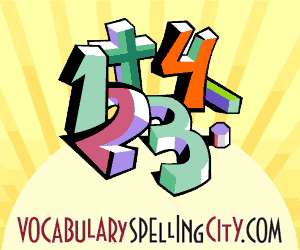An adverb is a part of speech that is primarily used to modify a verb, adjective, or other adverb. Adverbs can also modify prepositional phrases, subordinate clauses, and complete sentences.
We can see some examples when it modifies:
-a verb ------ He drove slowly. — How did he drive?
-an adjective ------ He drove a very fast car. — How fast was his car?
-another adverb ------ She moved quite slowly down the aisle. — How slowly did she move?
The general rule to form adverbs is to add the suffix "-ly" to an adjective, equivalent to the ending"-mente" in Spanish: quick → quickly (rápido → rápidamente) ; honest → honestly (honrado → honradamente). For adjectives ending in a consonant, "-y" change the ending "-y" by "-ily": easy → easily (fácil → fácilmente) ;
happy → happily (alegre → alegremente). Adjectives ending in "-ic" are changed to "-ically": automatic → automatically (automático → automáticamente) ; tragic → tragically (trágico → trágicamente). In adjectives ending in "-le" is changed to "-ly": terrible → terribly (terrible → terriblemente) ; true → truly (verdad → verdaderamente). However, many words and phrases not ending in -ly serve an adverbial function (just, still, almost, not) and an -ly ending is not a guarantee that a word is an adverb. The words lovely, lonely, motherly, friendly, neighborly, for instance, are adjectives:
The most used termination is shown in the examples of
Spelling City:
Adverbs are classified as
:
Adverbs of Manner (carefully, correctly, eagerly, easily, fast, loudly, patiently, quickly, quietly, well)
She moved slowly and spoke quietly.
Adverbs of Place (abroad, anywhere, downstairs, here, home, in, nowhere, out, outside, somewhere, there, underground, upstairs)
She has lived on the island all her life.
She still lives there now.
Adverbs of Frequency ( always, every, never, often, rarely, seldom, sometimes, usually)
She takes the boat to the mainland every day.
She often goes by herself.
Adverbs of Time (after, already, during, finally, just, last, later, next, now, recently, soon, then, tomorrow, when, while, yesterday)
She tries to get back before dark.
It's starting to get dark now.
She finished her tea first.
She left early.
Adverbs of Purpose (so, so that, to, in order to, because, since, accidentally, intentionally, purposely)
She drives her boat slowly to avoid hitting the rocks.
She shops in several stores to get the best buys.























